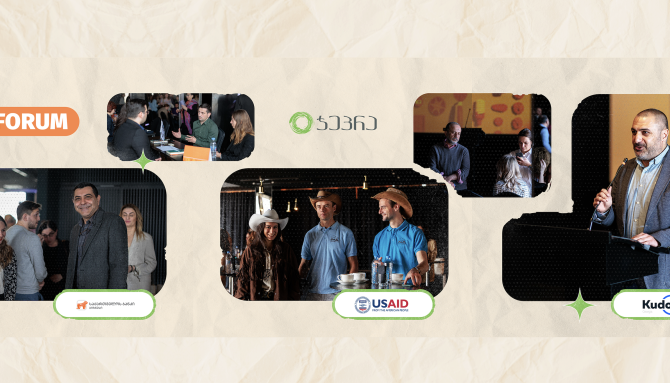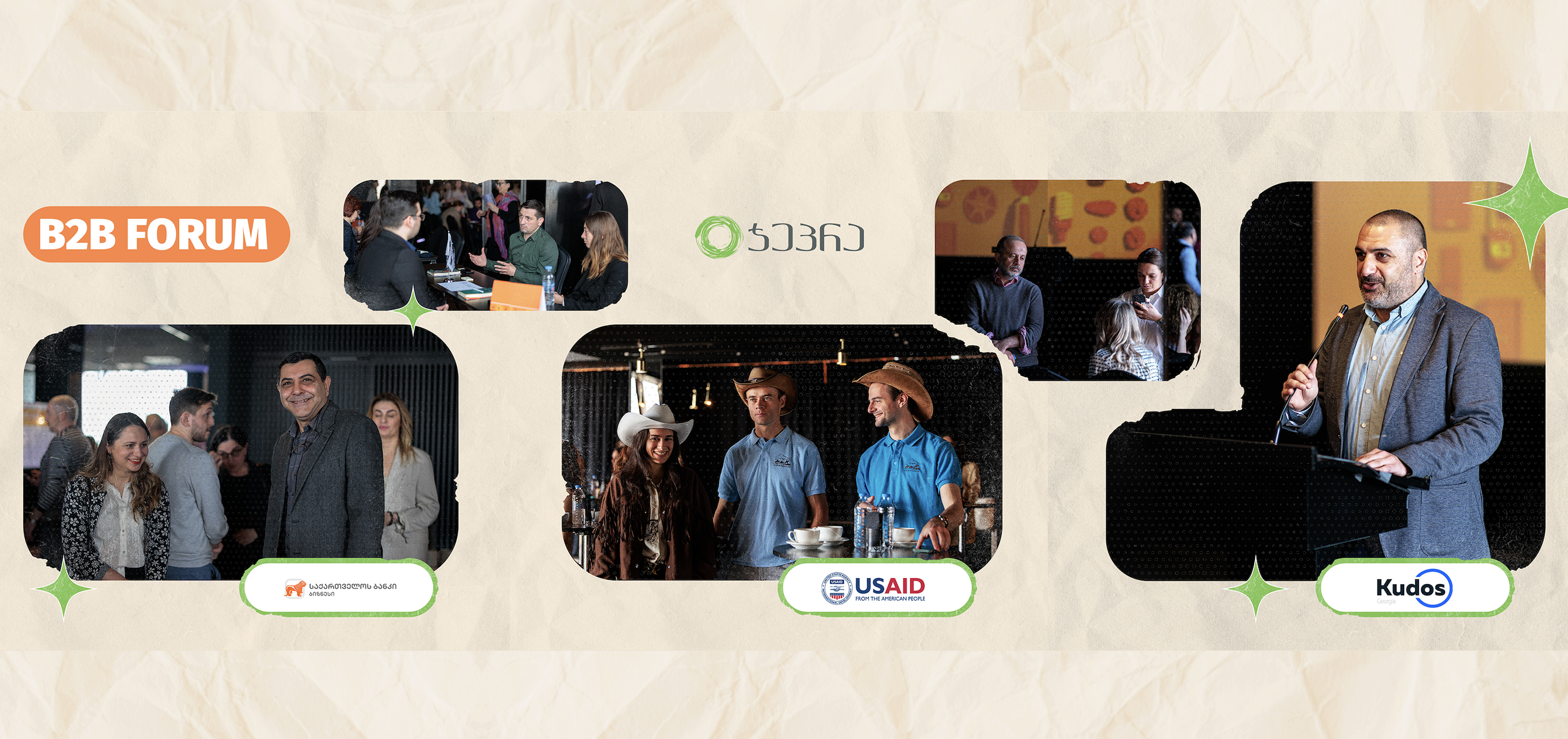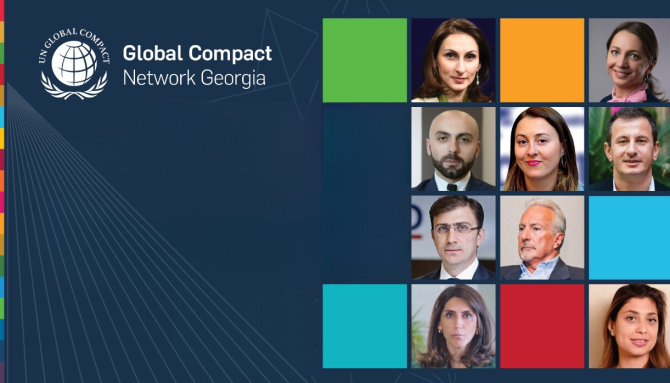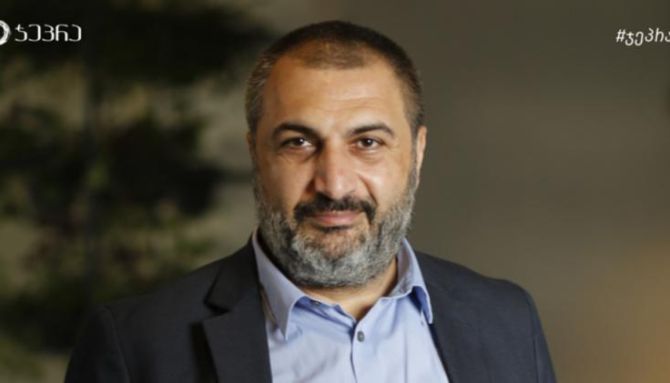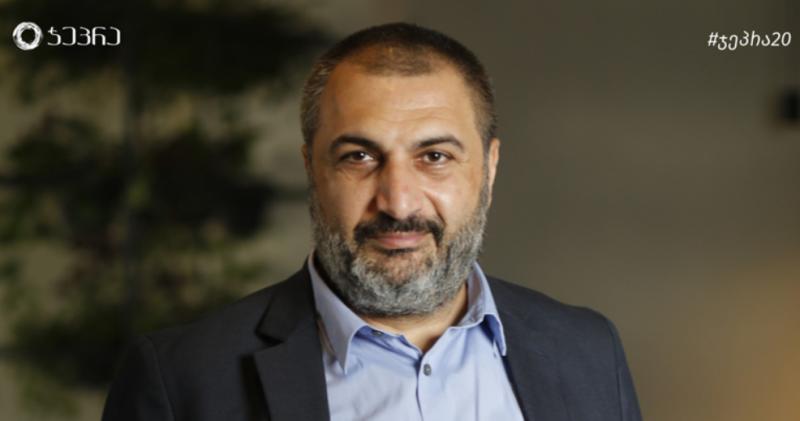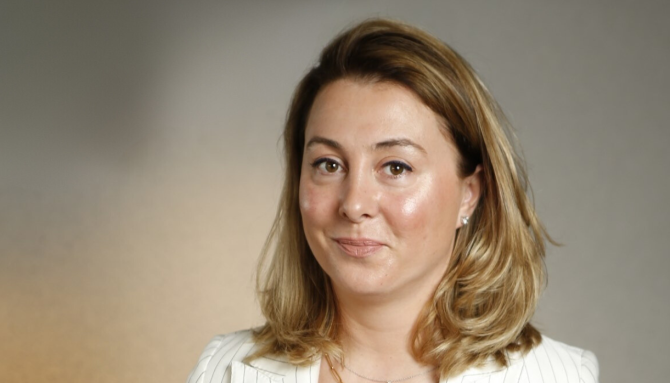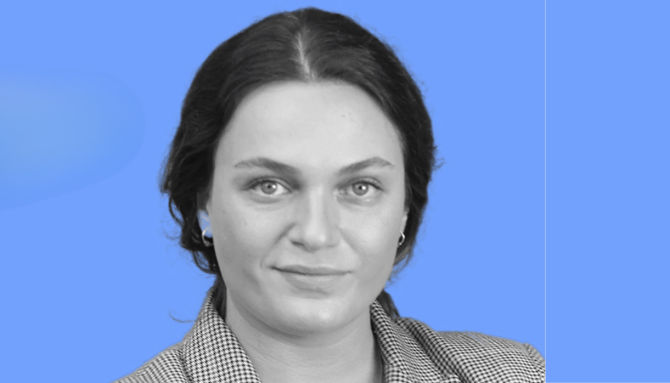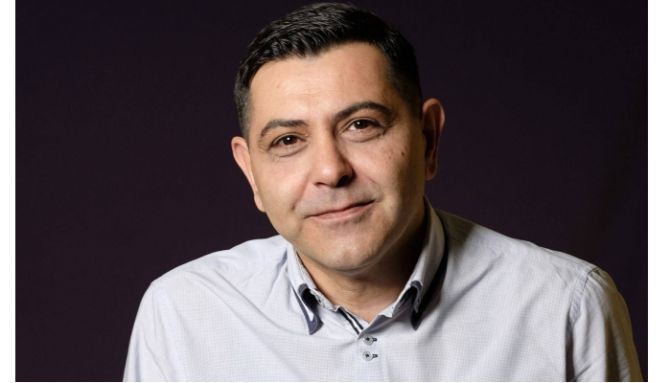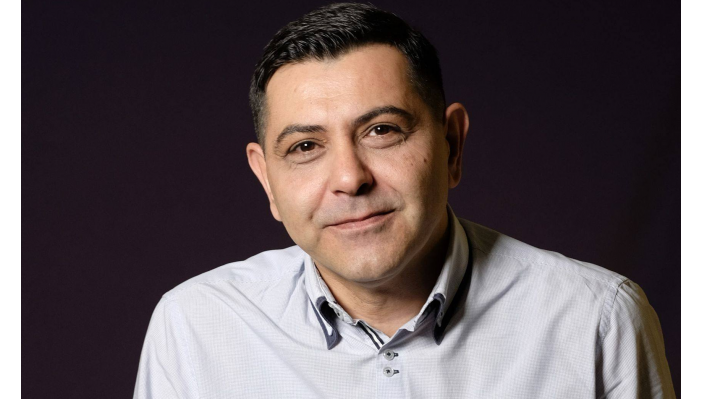For the fifth year running, Gepra is lending its support to the global hypertension awareness campaign, "Measure Your Blood Pressure," organized by "Servie.r" The campaign is part of a broader initiative to commemorate World Hypertension Day, during which 21 leading cardiology clinics joined efforts to provide free medical screenings over a two-day period. This collaborative endeavor successfully offered services to over 1,200 patients, granting them access to top healthcare professionals at no cost.
The campaign aims to elevate public awareness of hypertension, also known as high blood pressure, which stands as a leading cause of cardiovascular mortality worldwide. By offering free screenings and educational resources, the event emphasizes the critical importance of effectively managing this prevalent health condition. We are honored to be a part of this vital initiative and look forward to continued collaboration with "Servier" in the years to come.








